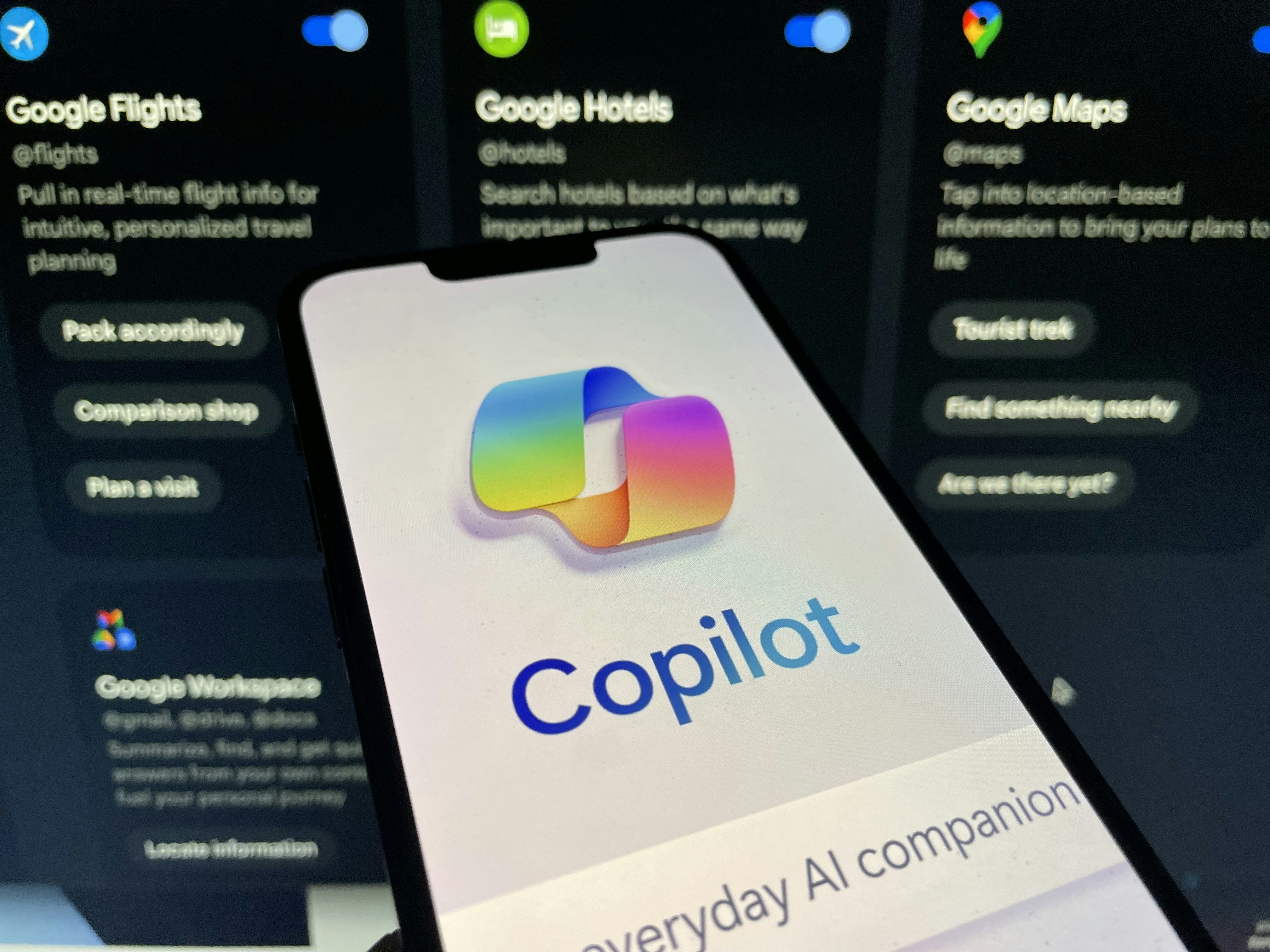What is a Digital Garden?
A digital garden is a concept that encapsulates the idea of cultivating a personal knowledge base that evolves over time. Unlike traditional note-taking systems, which often resemble linear databases or isolated lists of information, digital gardens encourage a non-linear approach to knowledge organization. This non-linear structure allows users to create connections between various ideas, fostering a more organic growth of information akin to tending to a living garden.
The essence of a digital garden lies in its flexibility and adaptability. As individuals learn and discover new concepts, their digital gardens can expand to incorporate these insights. This continual growth emphasizes the importance of embracing imperfection. Unlike conventional documentation methods that may require polished or final outputs, digital gardens thrive on raw ideas and half-formed thoughts. This approach not only makes the process of knowledge accumulation more authentic but also reflects the natural progression of understanding.
Digital gardens are anchored by several key principles. First is the principle of connectivity, wherein information bits, or “seeds,” can be interlinked, creating a web of knowledge that represents the user’s unique cognitive landscape. Second is the notion of iterative improvement, which encourages users to revisit and refine their thoughts regularly. Thirdly, the emphasis on exploration rather than exhaustive documentation promotes a mindset of curiosity and discovery.
Various tools and platforms facilitate the creation and maintenance of these digital gardens. Popular options include note-taking apps like Roam Research, Obsidian, and Notion, each of which offers features that support interlinking notes and enhancing visibility of relationships within the knowledge base. Through the use of tags, links, and visual maps, individuals can cultivate their digital gardens, allowing them to cultivate and harvest knowledge with ease.
Benefits of Creating a Digital Garden
Establishing a digital garden offers numerous advantages that extend beyond mere information storage. One significant benefit is enhanced creativity. When individuals curate and cultivate their knowledge in a personal digital space, they are encouraged to reflect on their ideas and explore connections that may not have been apparent before. This exploration aids in generating new insights and solutions, fostering a more innovative mindset.
Moreover, maintaining a digital garden can significantly improve the retention of information. By organizing thoughts and research into a format that is meaningful to the individual, the process of writing and categorizing becomes an active engagement with the material. This dynamic interaction reinforces memory, making it easier to recall previously learned concepts. A structured repository can facilitate better long-term retention of skills and knowledge, both personally and professionally.
Another advantage is the visualization of knowledge networks. Digital gardens allow users to create interconnected nodes of information, showcasing relationships between different concepts and ideas. This visual representation of knowledge contributes to a deeper comprehension of the subject matter, making it easier to identify gaps in understanding or areas that require further exploration.
Digital gardens also promote a sense of community through sharing and collaboration. By enabling others to access and contribute to their garden, individuals can engage with peers and like-minded individuals. This collaborative effort not only enriches the content but also provides opportunities for feedback and encouragement, ultimately cultivating a supportive environment for learning and growth.
Lastly, organizing thoughts and ideas in a structured manner has notable mental health benefits. The act of decluttering the mind through documentation can reduce anxiety and stress, providing clarity and focus. A well-maintained digital garden serves as a sanctuary for thoughts, enabling users to cultivate their knowledge at their own pace. This personal space fosters a sense of accomplishment, enabling individuals to monitor progress and appreciate their learning journey.
How to Start Your Own Digital Garden
Creating a digital garden entails a systematic approach that helps cultivate and organize your knowledge over time. The first step in establishing your digital garden is to choose the right tools. Popular platforms include Notion, Obsidian, and Roam Research, each offering unique features suitable for personal knowledge management. Evaluate these tools based on your specific needs, such as ease of use, collaboration options, and flexibility in organizing content.
Once you’ve chosen your platform, it’s time to set up the initial structure of your digital garden. Start by creating main categories or themes that reflect your interests and areas of expertise. For instance, you might have sections for topics like productivity, technology, and personal development. Each main category can further branch out into subcategories, allowing for a nuanced organization of your ideas, notes, and links. This hierarchical structure not only aids in navigation but also prioritizes your areas of focus, making it easier to grow and refine your knowledge base over time.
After establishing the structure, begin populating your garden with ideas and content. Use the space to jot down notes, insights from articles, or thoughts inspired by conversations. Remember, consistency is key; try to add new content regularly. Implement best practices for organizing this information, such as tagging or linking related notes, which enhances interconnectivity and helps in navigating through your growing body of knowledge.
Lastly, maintain a mindset of experimentation and continuous revision. Your digital garden is a living entity that should evolve with you. Don’t hesitate to revisit and revise old notes or reframe them in light of new insights. This iterative process not only enriches your content but also fosters intellectual growth, effectively transforming your digital garden into a vibrant and ever-growing repository of knowledge.
Real-Life Examples and Case Studies
Digital gardens have emerged as a transformative approach for individuals and organizations alike, offering an innovative way to manage knowledge, share insights, and foster collaboration. Several notable examples illustrate how this methodology can be successfully implemented across various fields.
One prominent case study comes from the realm of education. A university professor adopted the digital garden concept to facilitate collaborative research. By creating a public online platform, the professor encouraged students to contribute ideas, resources, and findings related to their studies. This approach not only enhanced student engagement but also served as an evolving repository of knowledge, enabling participants to track the development of specific topics over time. Participants reported that this hands-on involvement solidified their understanding and fostered a sense of community, demonstrating the effective integration of digital gardens in academic settings.
In the business sector, a tech startup utilized a digital garden to streamline internal knowledge sharing. Team members were encouraged to document their projects, insights, and lessons learned in a communal space. This led to improved communication and reduced the redundancy of information across departments. Employees appreciated having a single source of truth for diverse projects, noting that it not only helped in the onboarding of new hires but also in enhancing overall productivity and innovation within the organization.
Additionally, personal projects exemplify the organic nature of digital gardens. One individual turned to a digital garden for personal development, documenting their journey through various learning paths. By integrating multimedia elements, such as articles, videos, and podcasts, the creator was able to reflect on their growth and share valuable insights with others interested in similar topics. Their experience underscores how personal digital gardens can enrich one’s knowledge journey while also offering a valuable resource for others.
These examples highlight the versatility and impact of digital gardens across different contexts, showcasing their potential to foster collaborative learning and continuous knowledge development.








